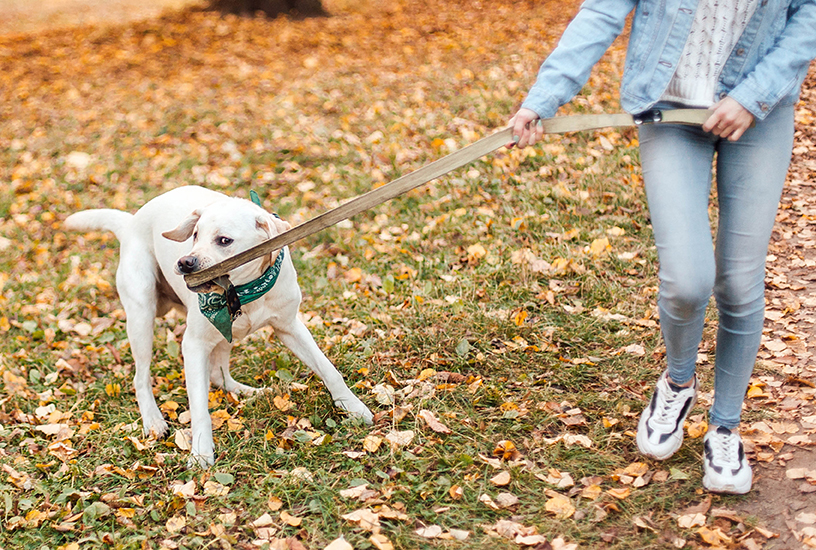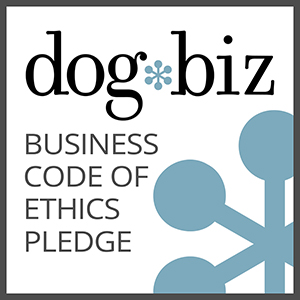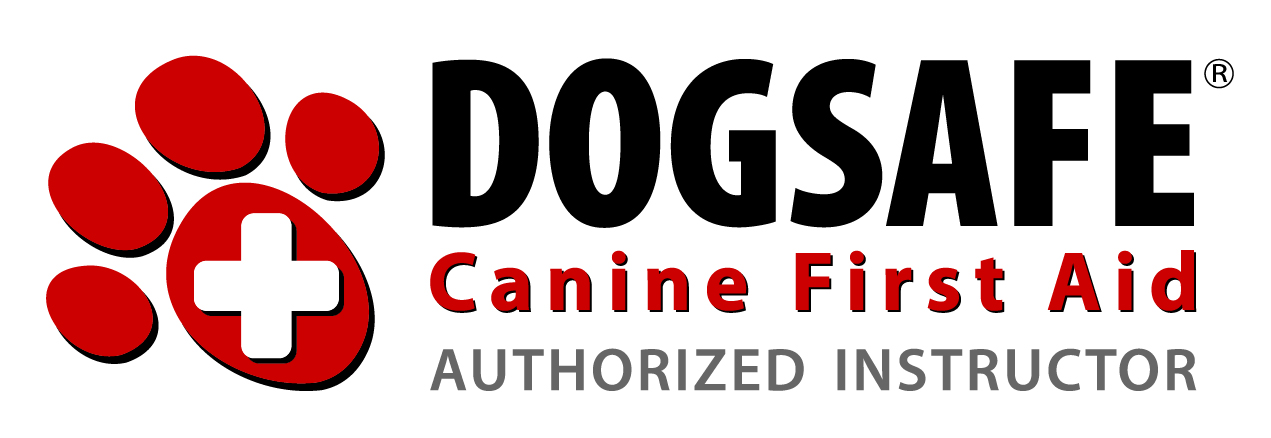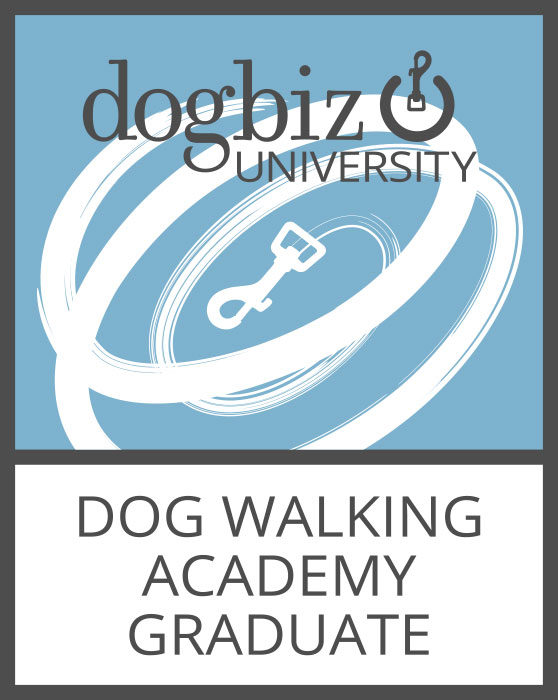When you got your new puppy you were probably prepared for some sleepless nights, a few accidents in the house and that crazy puppy energy, but fewer dog owners are prepared for the challenging stage in a puppy’s life known as adolescence.
As the adolescent stage approaches it can often feel like your puppy has forgotten everything you’ve taught them. When puppies grow more confident and their hormones begin to change, they can display new behaviours such as pulling while on walks, counter surfing for food, barking for attention, jumping up on you and new people, chewing furniture or household objects, a seemingly unlimited supply of energy and perhaps the most tell-tale sign…selective hearing!
Adolescence can start as early as 5 months and typically lasts until your puppy is 18 months – 3 years depending on the breed and individual dog, but we promise you that those countless hours you’ve dedicated to training haven’t been forgotten; your puppy just has competing interests now. It can be frustrating and leave you wondering what happened to your cute puppy, but remember, it’s just a phase!
So, what can you do to help ease the transition from sweet puppyhood to the dreaded teenage years?
1) Be consistent with your training
When your puppy offers a behaviour you want, reward them with high-value treats and reward them often! This is not the time to skimp out on treats, would you work for free? Probably not. Your puppy is the same! Work on your puppy’s skills a few times a day for about 5 minutes each session, and make sure to practice your training in new environments as well. Consistency and repetition is key to a well-behaved dog!
2) Don’t take “misbehaving” personally
When your puppy doesn’t listen to you, they aren’t doing it to spite you. They are still growing and learning and you’re now competing for their attention with other, more exciting, stimuli. Take a deep breath, remain calm and try to be patient. Remember, this is just another phase of puppy development!
3) Celebrate small victories
It can be frustrating to feel like your puppy isn’t listening to you, or that they are acting out “even though they know better.” Take the time to celebrate small victories. Start your training session out with a few skills that you know your puppy excels at, or reward them first thing in the morning when they do their business outside. Celebrating small victories will help you to remember what you’re working towards.
4) Use management techniques to ward off unwanted behaviour
This can look like a structured schedule that includes crate/nap time when you know your puppy is at their most excited, a leash to help manage counter surfing or jumping and an x-pen to keep your puppy contained in a safe space. Avoid unwanted chewing by providing your puppy outlets such as raw bones, bully sticks or appropriate chew items like Benebones or Nylabones.
5) Seek the help of a certified professional trainer
Training a puppy can be challenging. Training an adolescent puppy can be even more challenging. Good As Gold Training offers Puppy School and a Puppy Field Trip Class to aid in the training of older puppies and to help owners prepare for adolescence. Our certified trainers are there to offer you support!









